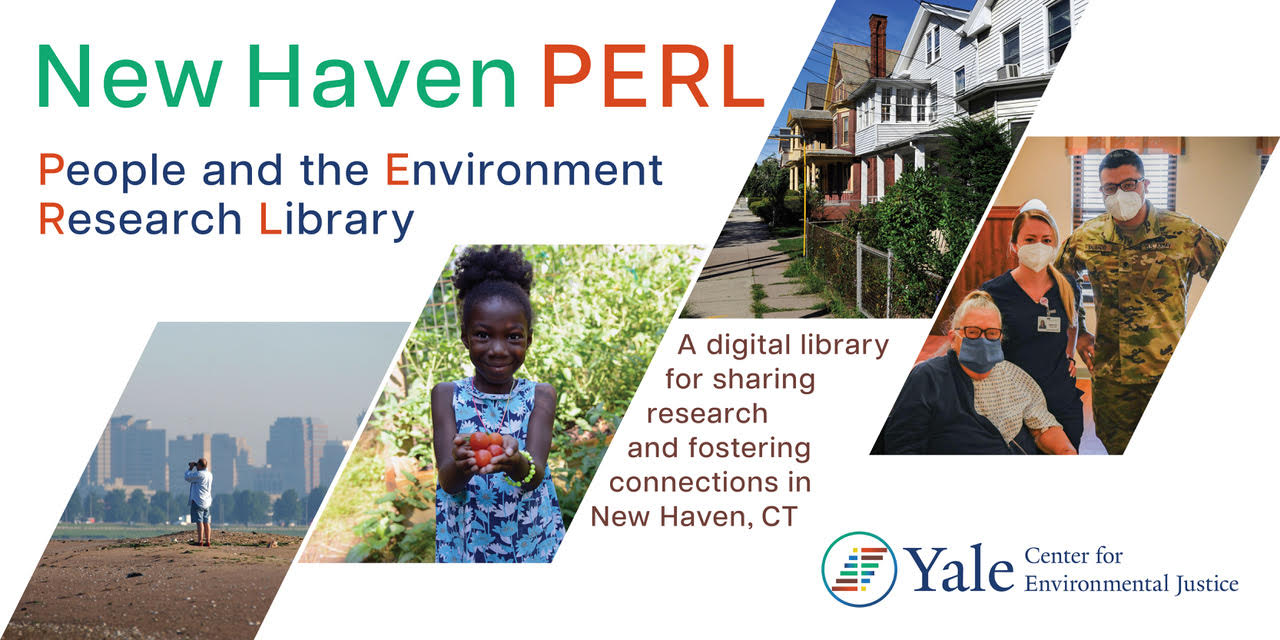My neighborhood has a good reputation: Associations between spatial stigma and health
Document Type
Article
Abstract
Health researchers increasingly recognize the influence of spatial stigma, or negative reputation of place, as a social determinant of health. Drawing from a New Haven-based cohort study (n=251), we assessed the relationships between spatial stigma, self-rated health, and psychological distress using generalized estimating equation models. Adjusting for neighborhood-level poverty and racial composition, those who perceived living in spatially stigmatized neighborhoods were significantly more likely to report severe psychological distress compared to those that did not perceive their neighborhoods to be stigmatized (B=1.09, CI: 0.31, 1.87). Our findings contribute to a growing body of literature that suggests that socially constructed meanings of place may influence health.
Category Tags
Mental Health and Wellness; Disease
New Haven Neighborhood
New Haven (All)
Recommended Citation
Tran, E., Blankenship, K., Whittaker, S., Rosenberg, A., Schlesinger, P., Kershaw, T., & Keene, D. (2020). My neighborhood has a good reputation: Associations between spatial stigma and health. Health & place, 64, 102392. https://doi.org/10.1016/j.healthplace.2020.102392


